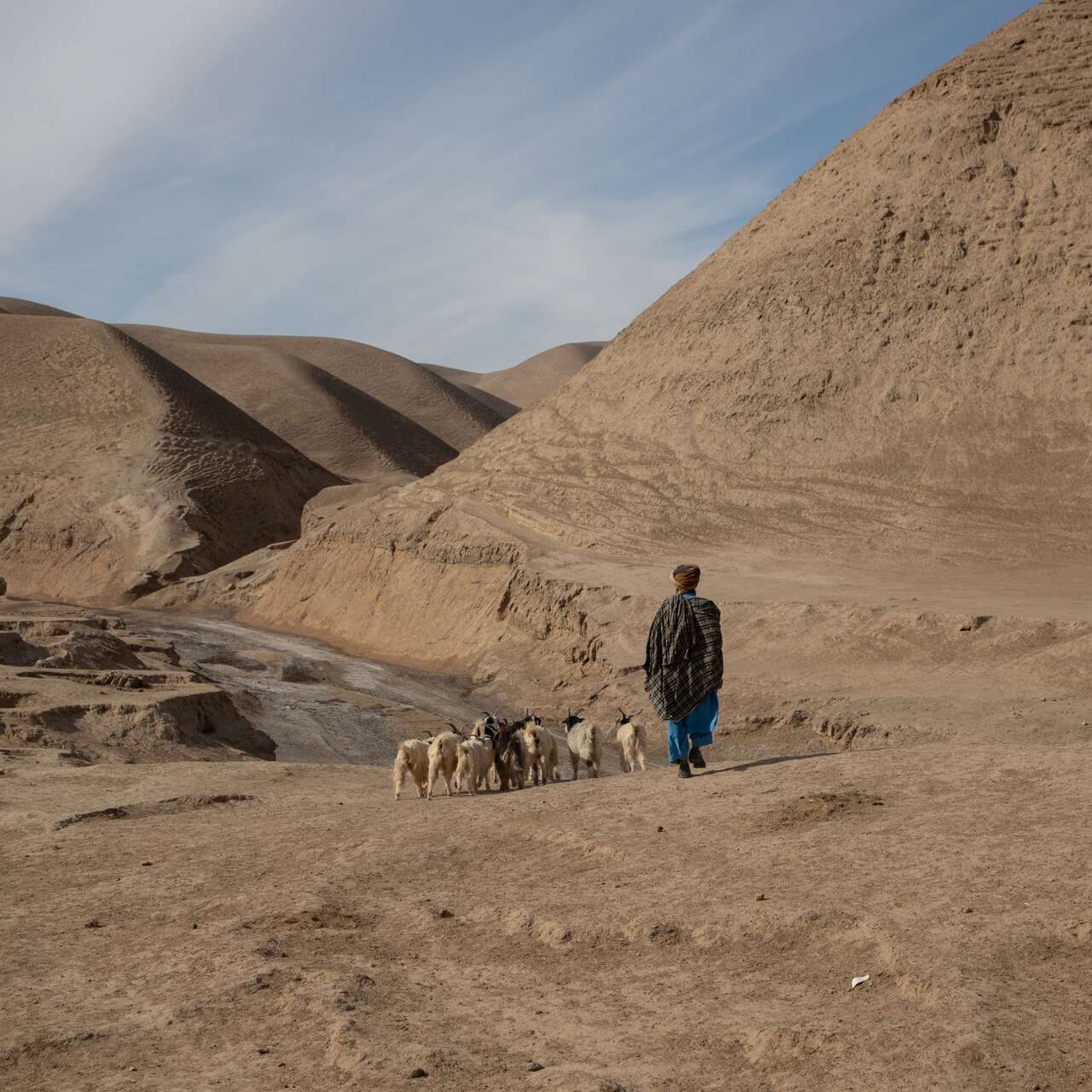
Abdul Haq’s Story: Increasing food insecurity amid Afghanistan’s climate shocks
As a country already prone to natural disasters, climate change has increased Afghanistan’s likelihood of suffering extreme weather events

As a country already prone to natural disasters, climate change has increased Afghanistan’s likelihood of suffering extreme weather events
Abdul Haq is a 30 year old father who lives in the Sang-e-Atash district in the Badghis province of Afghanistan, with his wife, four daughters and two sons.
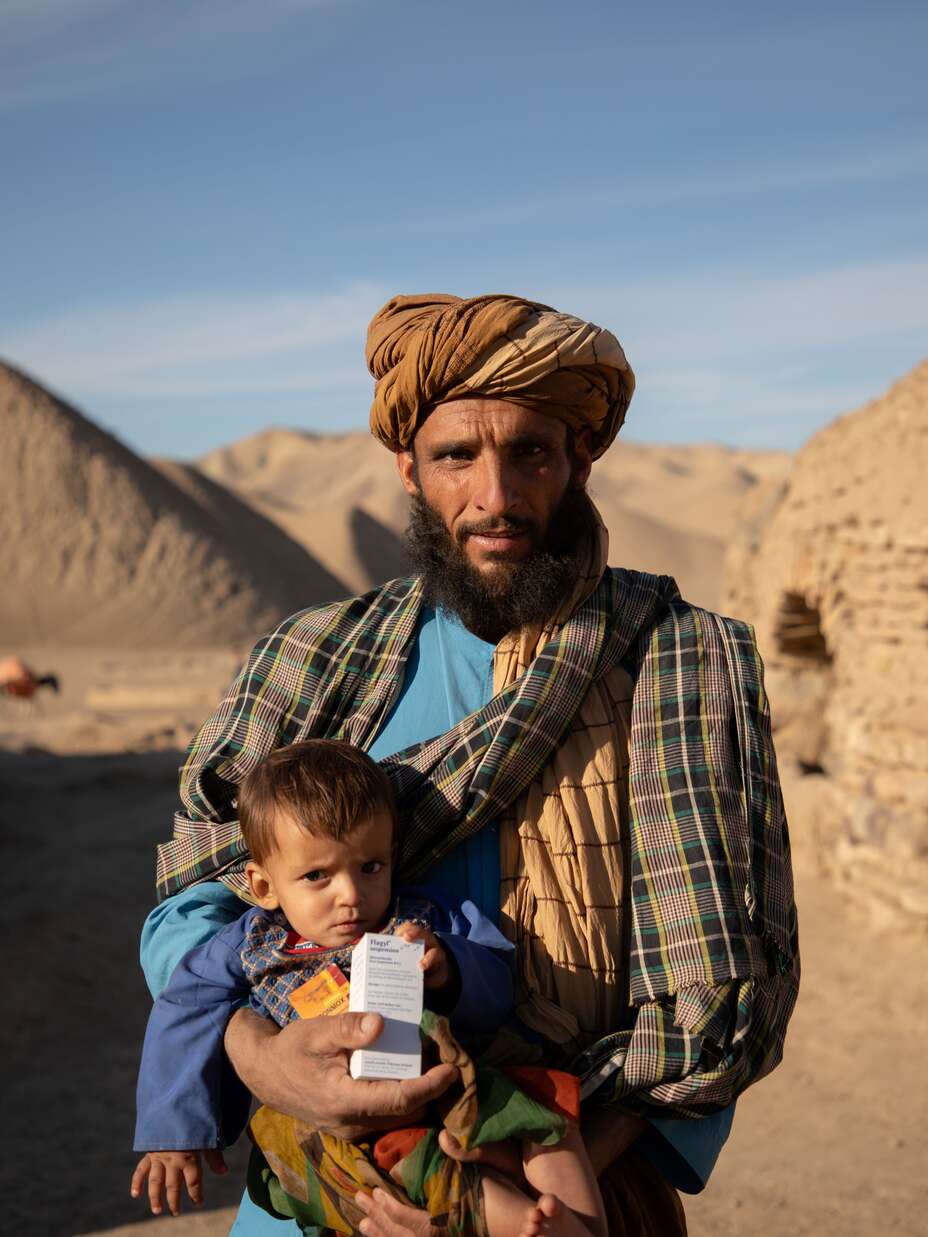
He works from morning into the night tending to and raising his livestock. His only source of income comes from selling his lambs in the bazaar. This income is not enough for him and his family to live on. He tells us, “The biggest problem is that we don’t have money to buy a bag of flour or anything else.” He has to resort to loaning out necessities like oil and rice, which he has to then pay off from whatever little he eventually earns.
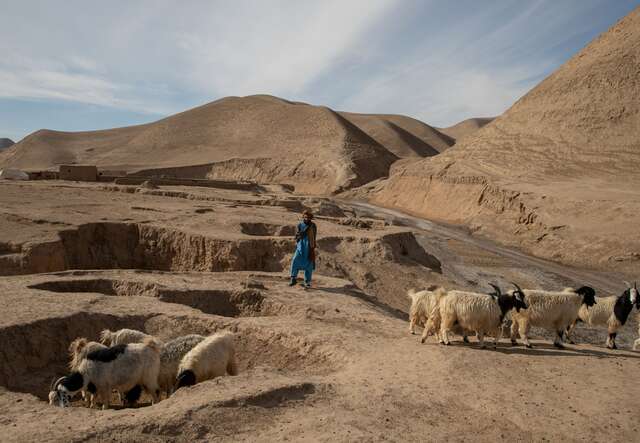
With the rising food prices, Abdul Haq and his family subsist on mostly tea, bread, vegetables and rice - when they can afford them. Abdul Haq recalls the time before the drought when their “barrels were full of water.” He tells us:
“The situation is good when it rains. But the situation is not good now. It was green in the spring but got dry in the fall.”
The nearby river has completely dried up so that residents have no access to water. The drought has devastated livestock businesses; people had to sell their lands in order to afford basic necessities. Worse still, when there is heavy snow the residents are unable to travel to get to the bazaar to buy food and fodder for livestock.
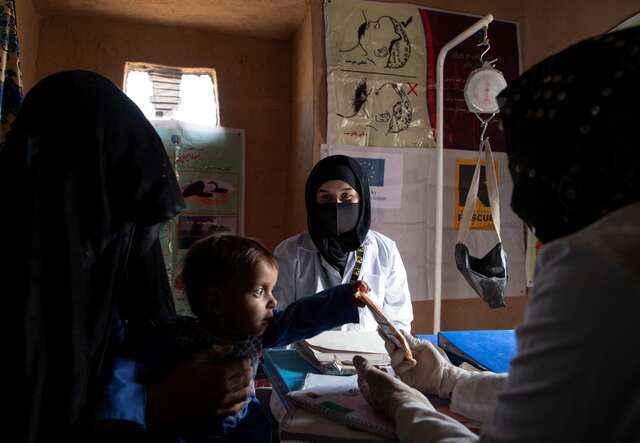
The hills in the Badghis province are usually lush, but due to the drought the hills are dry and barren. Even the pistachio trees, which provide the province with its main export of pistachios, are stripped bare. Abdul Haq says, “We don’t have proper drinking water - we drink salty water. We also don’t have a clinic or doctors.” Approximately 100 people live in his village, mostly young people and children.
The scarcity of food led Abdul Haq’s 10-month-old son, Shams Ullah, to become severely malnourished. “I was worried that maybe I’d lose my child due to hunger,” he recounts. There are no nearby health facilities and no stable infrastructure that connects the village to the main city, making it harder for people to receive treatment for health complications. Most families are still unable to pay for medical care without external support.
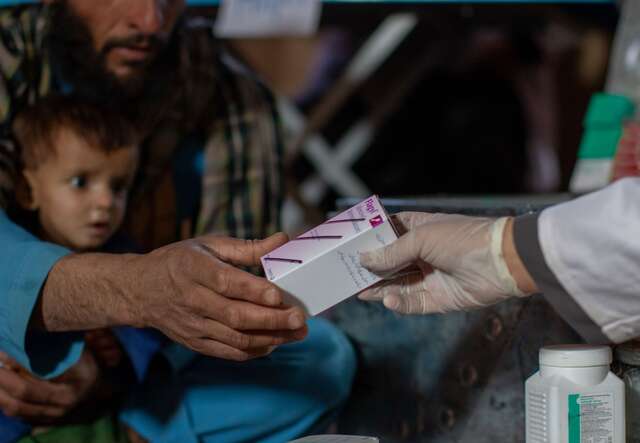
With funding from the European Union (EU) Humanitarian Aid, the International Rescue Committee (IRC) is providing critical services in areas with urgent humanitarian needs. Abdul Haq was able to bring his son to an IRC led mobile health clinic in his area, where he was treated for malnourishment. He says:
“They provide me and my children with medical support when we get sick. The medicine given to me by the team was very effective and it made me happy.”
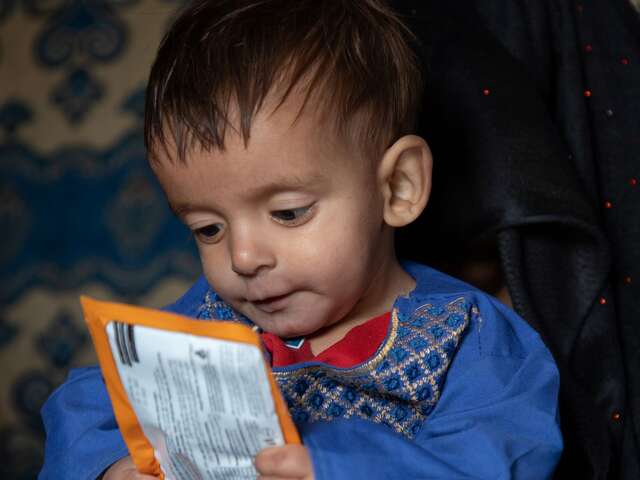
After being given peanut paste to help gain weight, Shams Ullah is already showing signs of recovery; he has more energy and has started playing again. However, the situation in Afghanistan is still critical. The extreme cold brought on by the winter is still a danger to the health of so many Afghans - those who can neither afford warm clothing, nor adequate heating. Abdul Haq says, “We want water for our village. We want a clinic. I hope [people] will help us financially in order to buy necessities. I hope they can provide us with winter clothes, like jumpers, and similar things.”
The International Rescue Committee partners with the European Union to provide life-saving support to people caught in conflict and disasters around the world. Our work funded by the EU enables people to survive, recover and rebuild their lives.